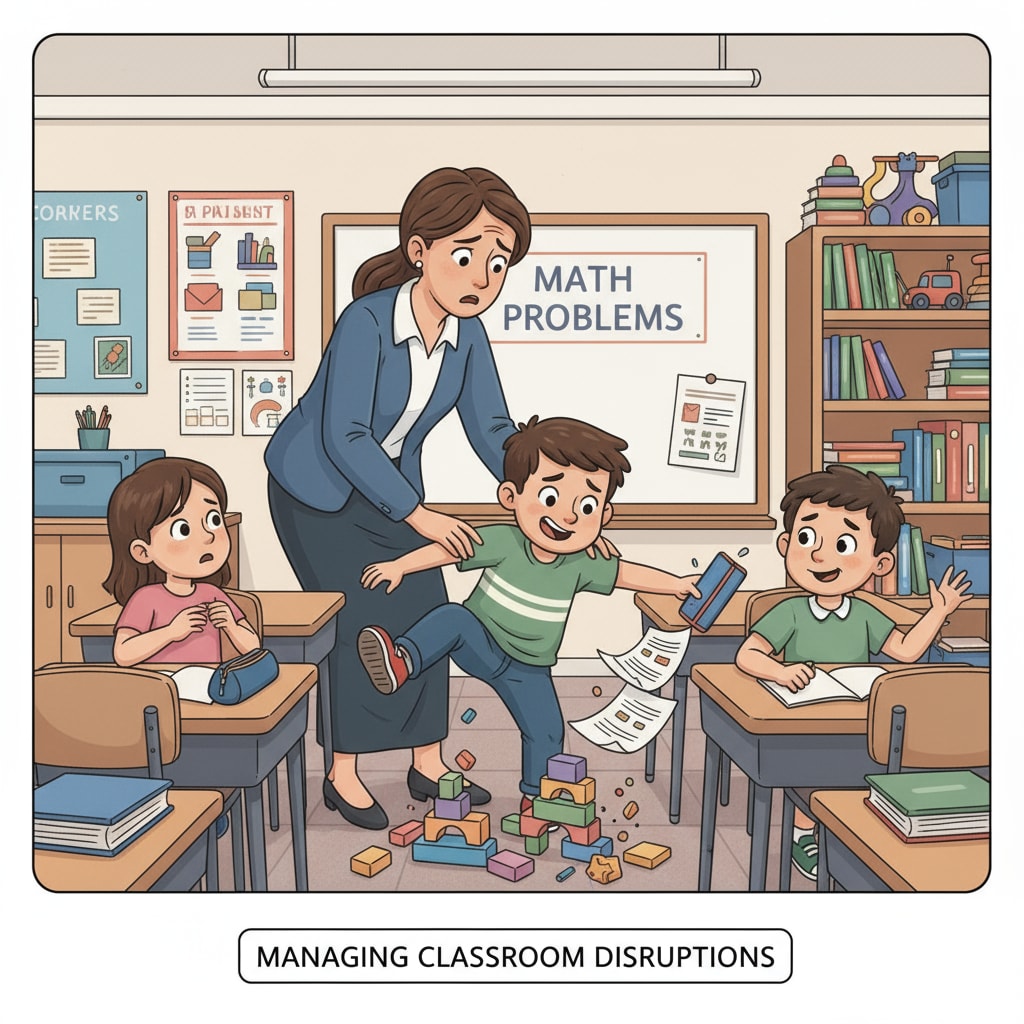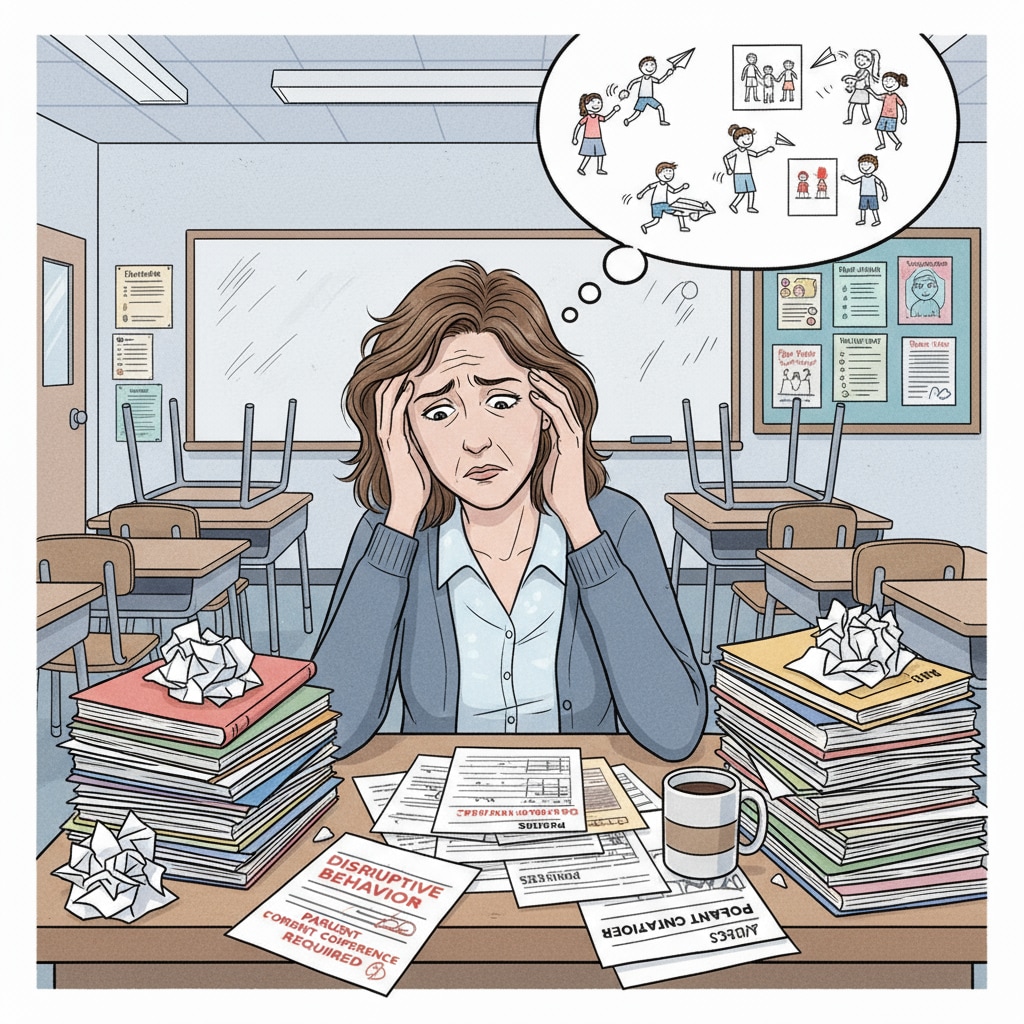Student behavior issues, lack of support, and professional frustration are challenges that many K12 teachers grapple with on a daily basis. In today’s educational landscape, teachers often find themselves in a difficult position when trying to manage students with behavioral problems.

The Struggle with Student Behavior
Managing student behavior is an integral part of a teacher’s job. However, in many cases, the issues go beyond simple misbehavior. Teachers encounter students with various behavioral challenges, such as aggression, defiance, and constant disruption. These behaviors not only disrupt the learning environment for other students but also take a toll on the teacher’s mental and emotional health. For example, a teacher may spend a significant amount of time trying to calm down a disruptive student, which could otherwise be used for teaching important lessons. According to the National Education Association, student discipline issues are a major concern for educators across the country.
The Absence of Support
Despite the magnitude of the problem, teachers often receive little to no support. There is a lack of proper training on how to handle complex student behavior issues. Schools may not have adequate resources, such as counselors or behavioral specialists, to assist teachers. In addition, the administrative support is often insufficient. Teachers may feel that they are left to deal with these problems on their own. This lack of support exacerbates the situation and leaves teachers feeling isolated and overwhelmed. As a result, many teachers start to experience professional frustration.

The blame culture in the education system further compounds the problem. When student behavior issues arise, instead of providing support, teachers are often blamed. They are held accountable for the actions of their students, even when the root causes of the behavior may be beyond their control. This creates a hostile environment for teachers and discourages them from seeking help. It also has a negative impact on their professional growth, as they may be hesitant to take risks or try new strategies for fear of being criticized.
In conclusion, the combination of student behavior issues, lack of support, and the blame culture in the education system is taking a heavy toll on teachers. It is essential that we create a more supportive educational ecosystem. This includes providing better training for teachers, allocating more resources to address student behavior problems, and changing the way we view and support teachers. By doing so, we can not only improve the well-being of teachers but also enhance the overall quality of education. Creating a supportive school ecosystem is crucial for the success of both teachers and students.
Readability guidance: The text uses short paragraphs and lists to summarize key points. Each H2 section provides a clear set of ideas. The passive voice is used sparingly, and long sentences are kept to a minimum. Transition words are added throughout to improve the flow of the article.


